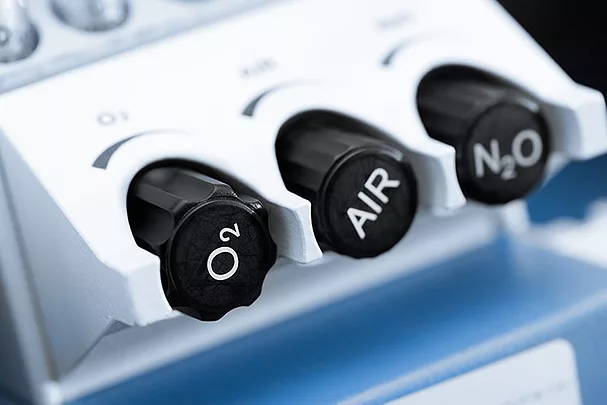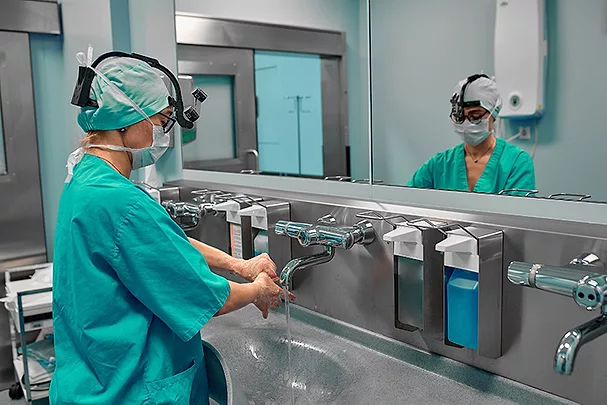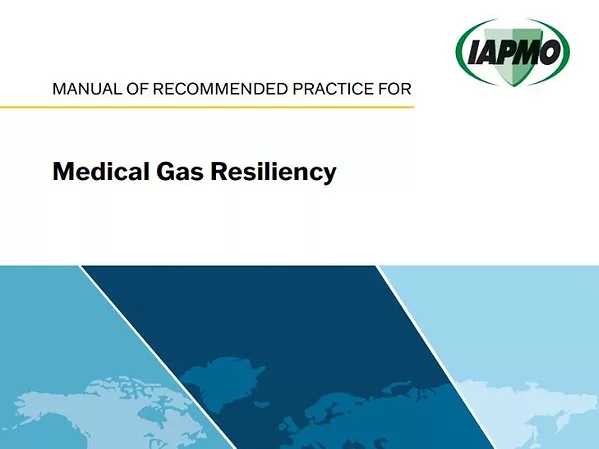Articles by John Gregory
Collaborative Health Care Design
By shifting to portable delivery systems, implementing gas capture solutions and exploring sustainable sedation methods, the healthcare industry is working to balance patient care with environmental responsibility.
Read More
Collaborative Health Care Design
Are We Prepared?
Now is the time to act, ensuring that our healthcare systems remain resilient in the face of adversity.
Read More
Collaborative Health Care Design
Addressing Nitrous Oxide as a Greenhouse Gas, Part 1
Given its significant environmental impact, N2O will likely be phased out in health-care settings.
Read More
Collaborative Health Care Design
Best Practices for Using a Pressure-Sustaining Control Valve
Accurate sizing, material compatibility, proper installation, regular maintenance and performance monitoring will optimize overall system performance.
Read More
Collaborative Health Care Design
Sizing Hospital Campus Domestic Water Needs: A Comprehensive Guide
This is a crucial aspect of infrastructure planning to ensure adequate water supply for various activities and occupants.
Read More
Collaborative Health Care Design
Island Hopping
When developing a new facility’s oxygen needs, dig in, ask questions and do your research to find the best possible solution.
Read More
Collaborative Health Care Design
IAPMO Medical Gas Resiliency
The manual provides guidance and best practices for the resiliency and reliability of medical gas systems in health-care facilities.
Read More
Collaborative Health Care Design
Thermostatic Balancing Valves Vs. Flow-Rate Balancing Valves
Understanding the characteristics and operation of these valves allows individuals to ensure optimal performance, comfort and energy efficiency.
Read More
Collaborative Health Care Design
CSPD and AAMI TIR34 Guidelines
This high-level overview should point you in the right direction to make sound decisions as we bring awareness to the requirements.
Read More
Collaborative Health Care Design
Zone Valves
Designers will need to determine many decisions on their own until the code can explain concisely where to locate the zone valve box.
Read More














